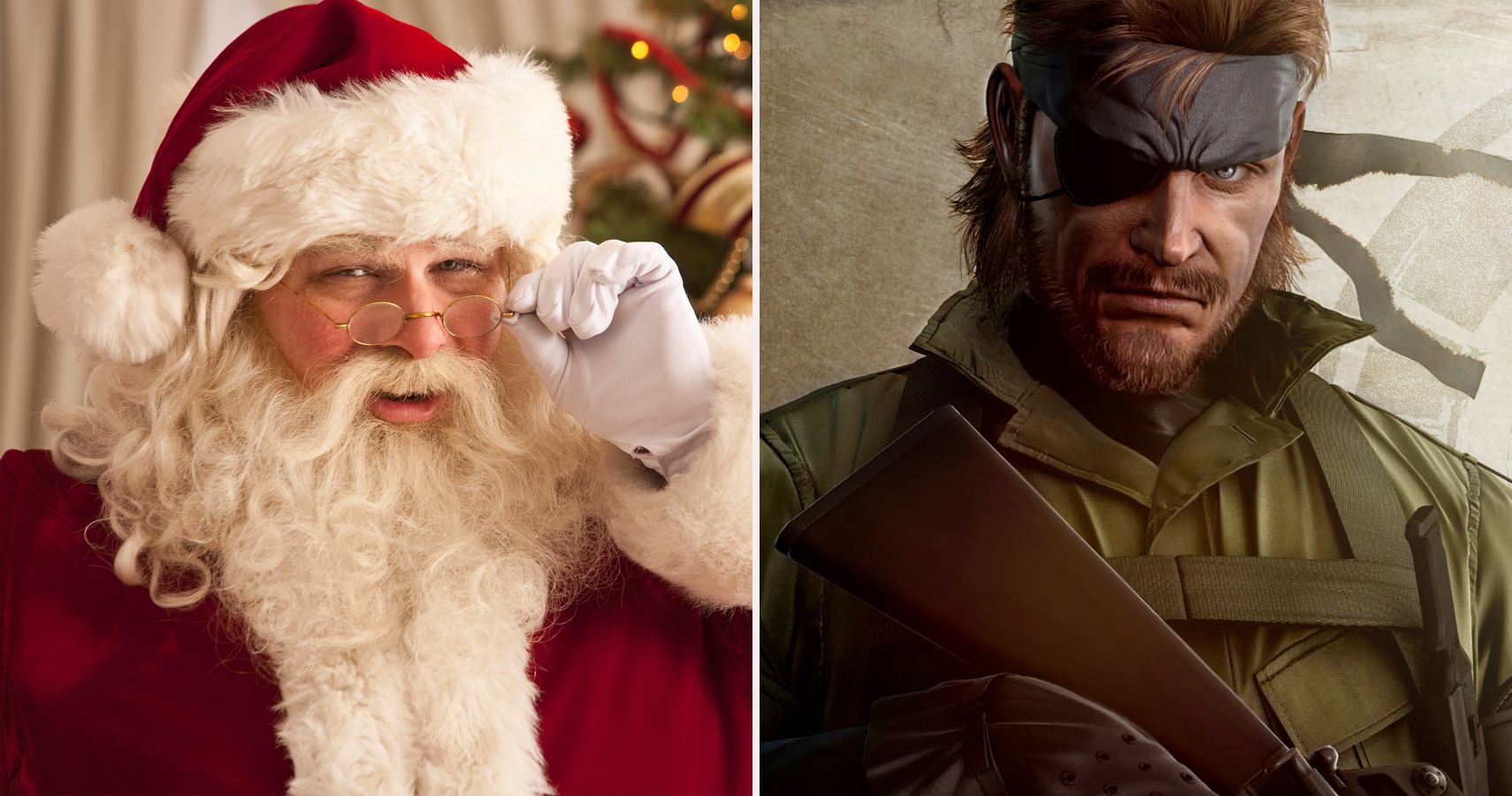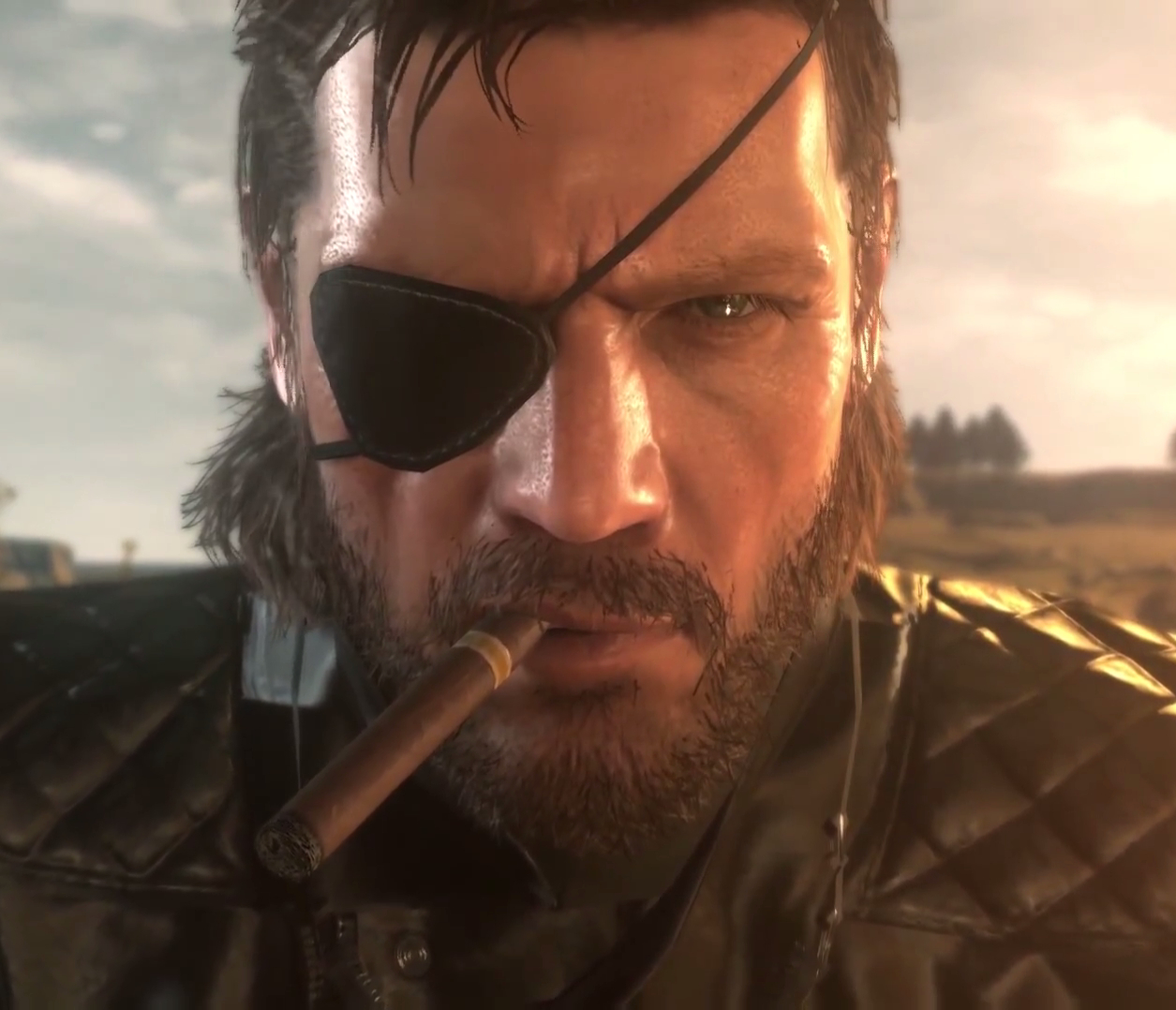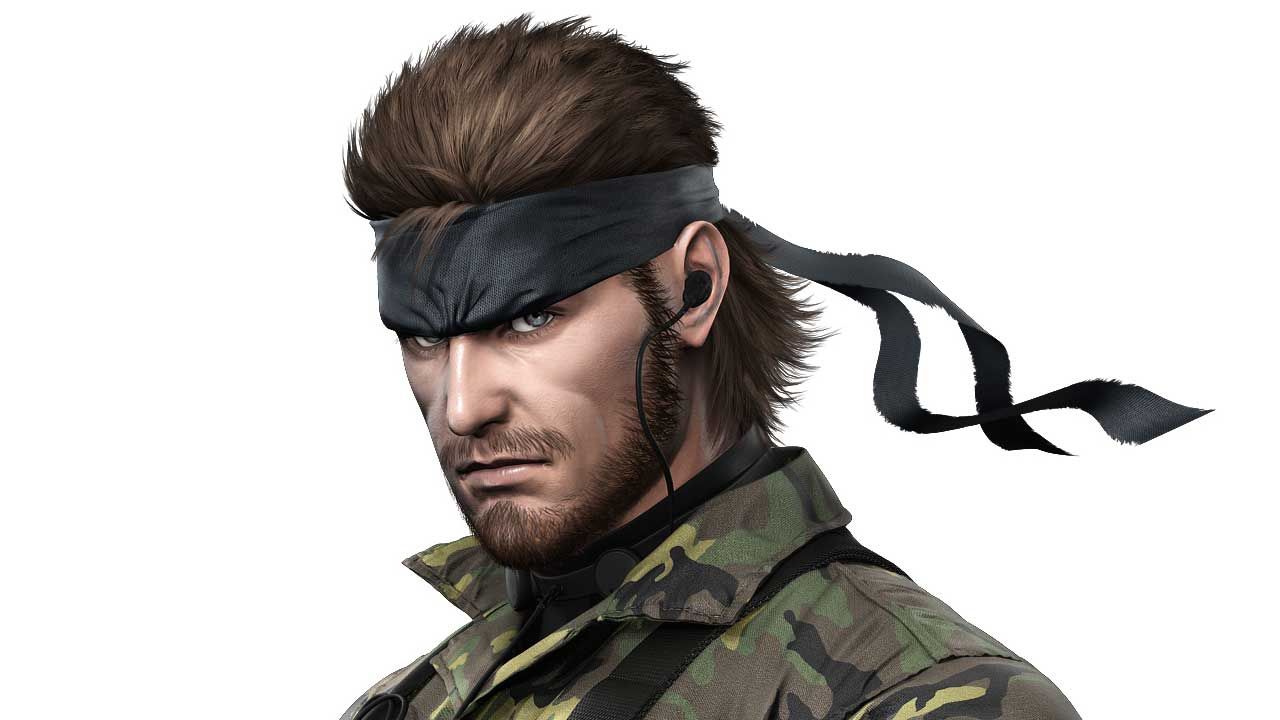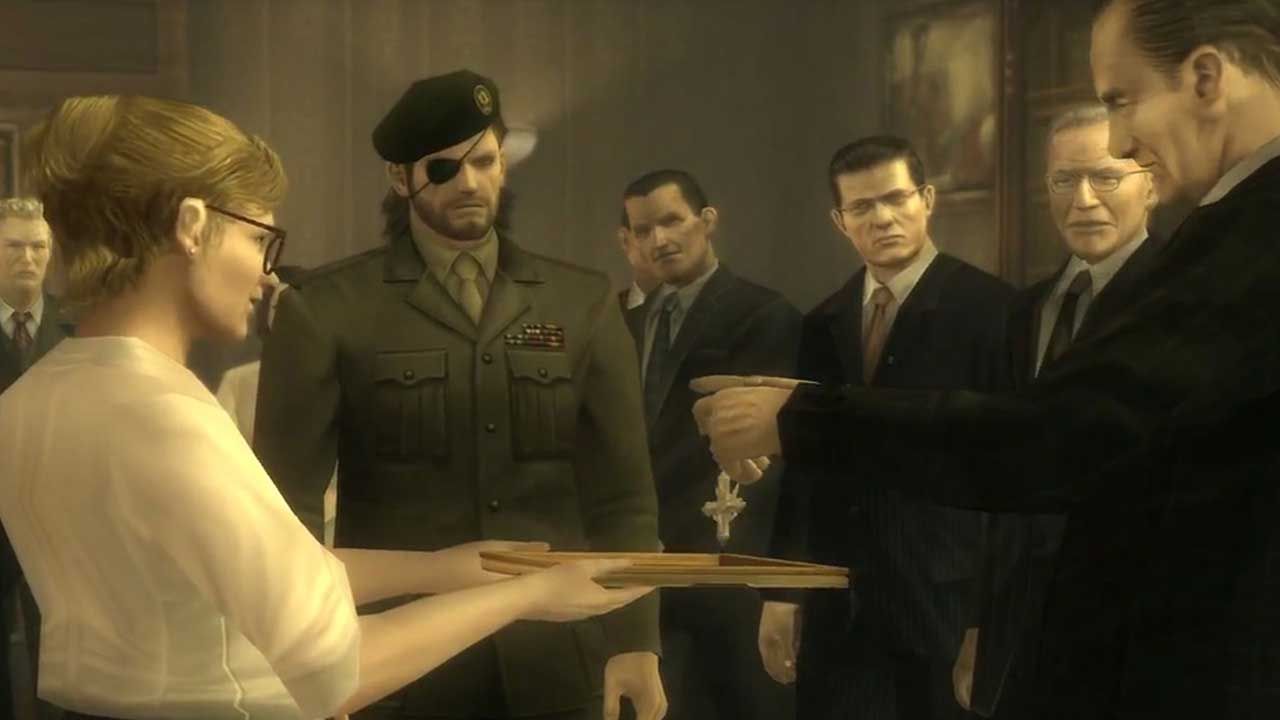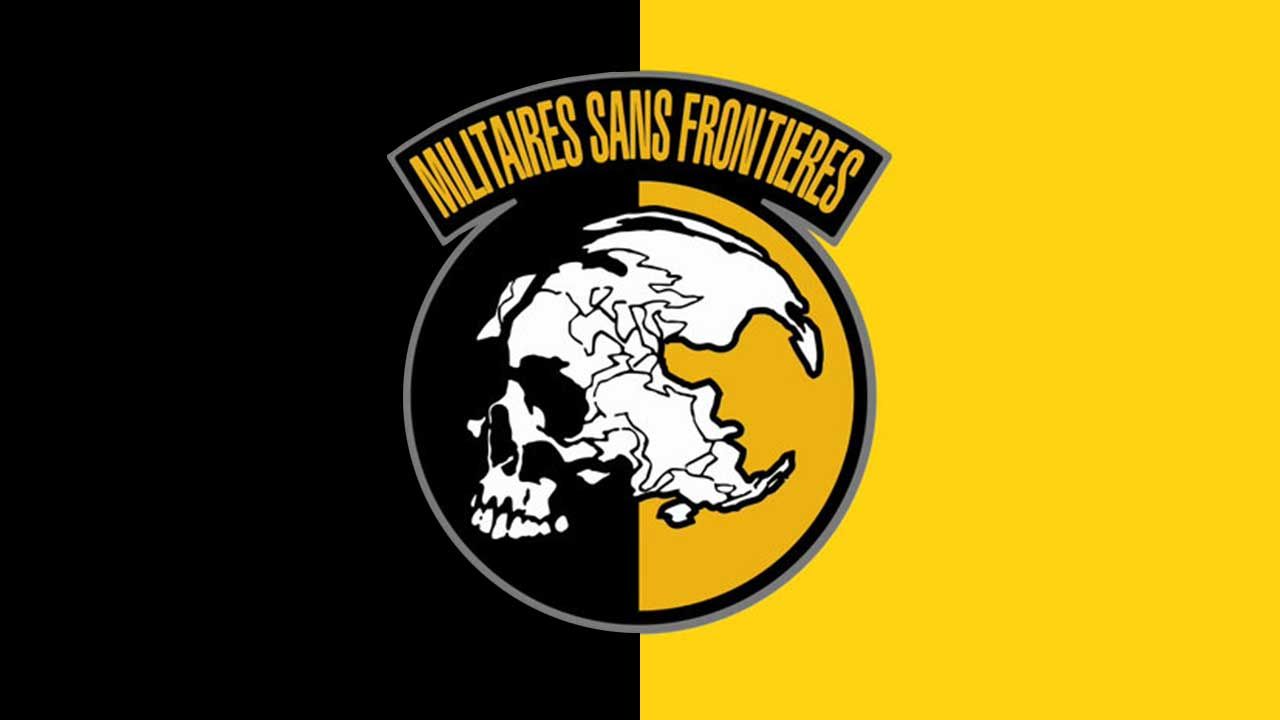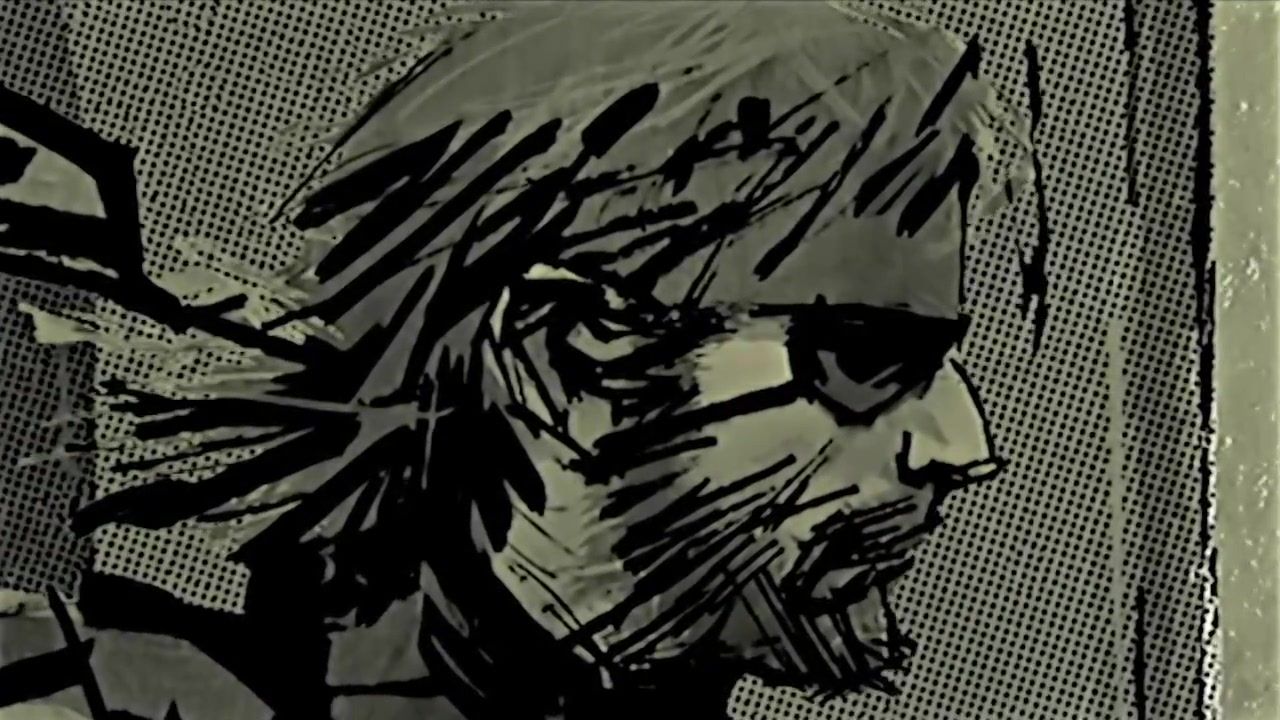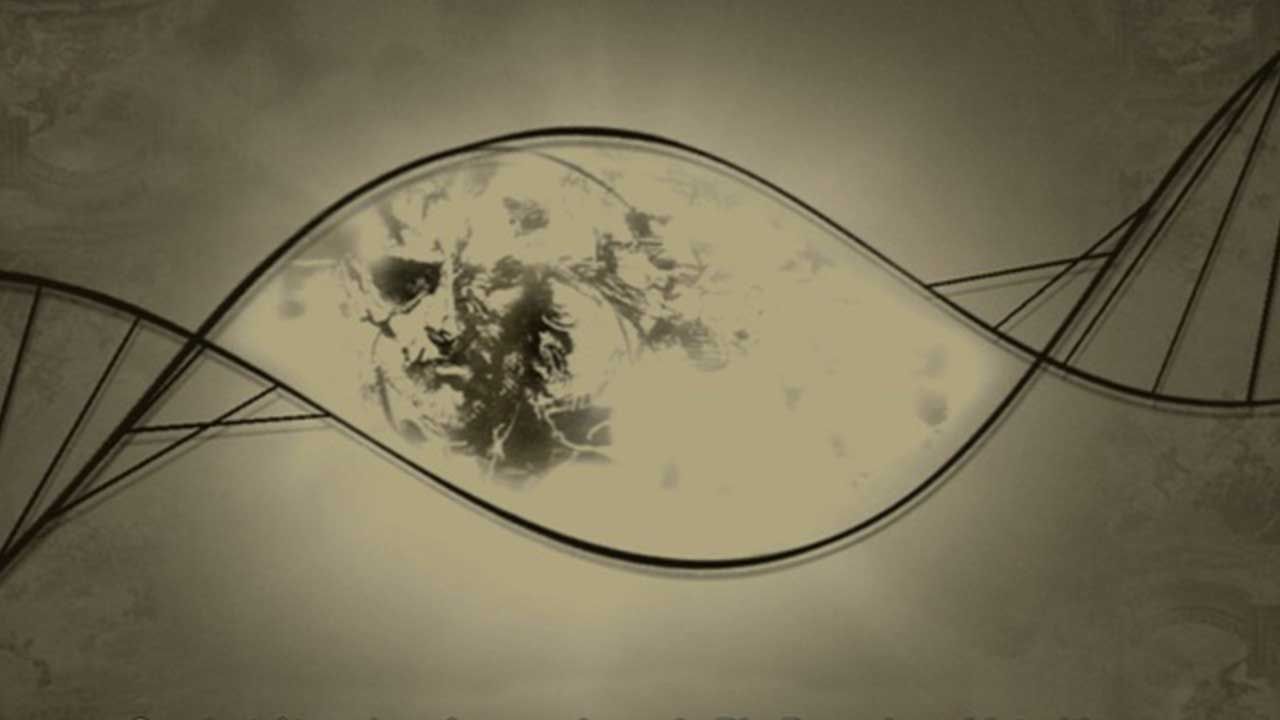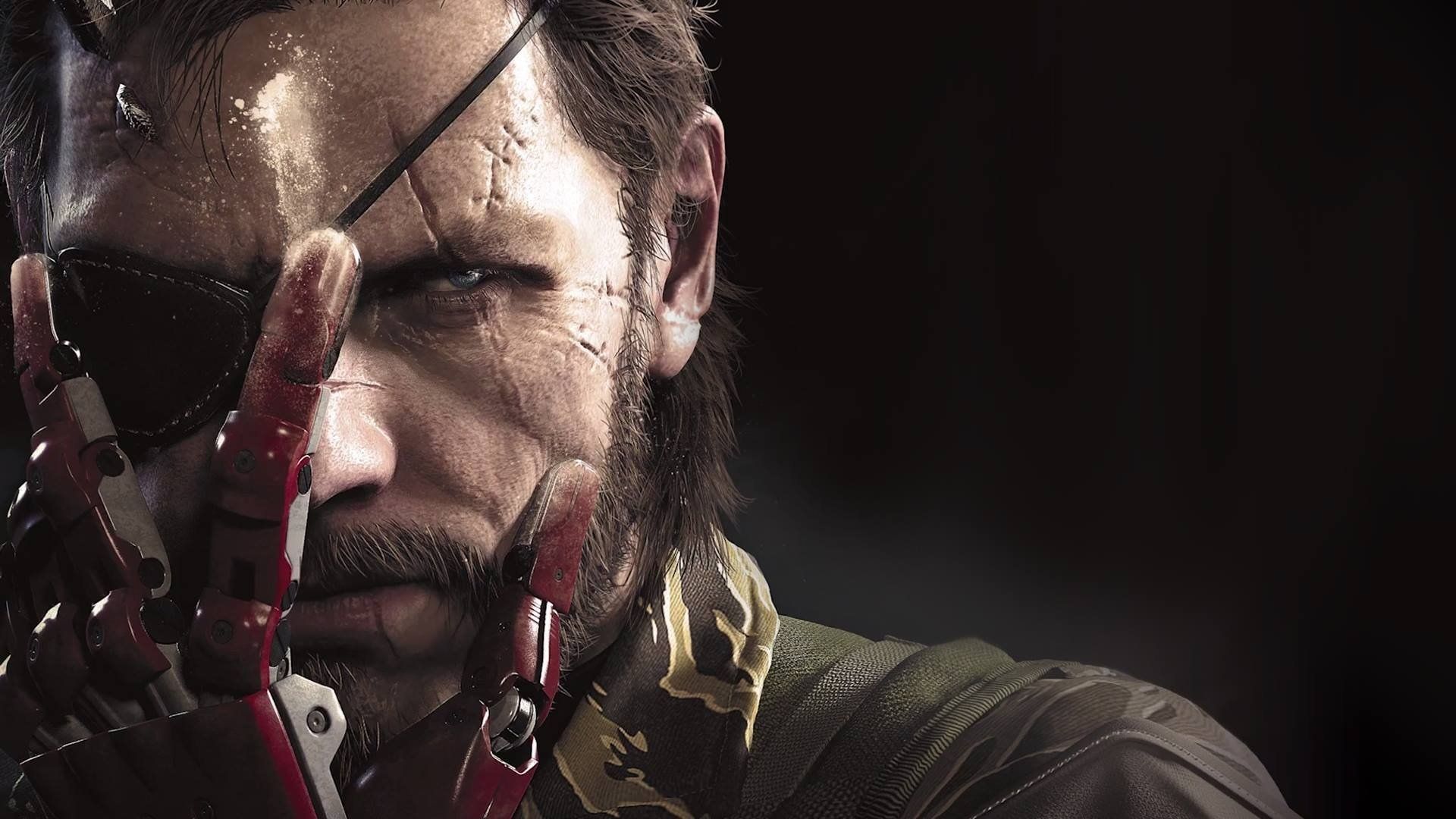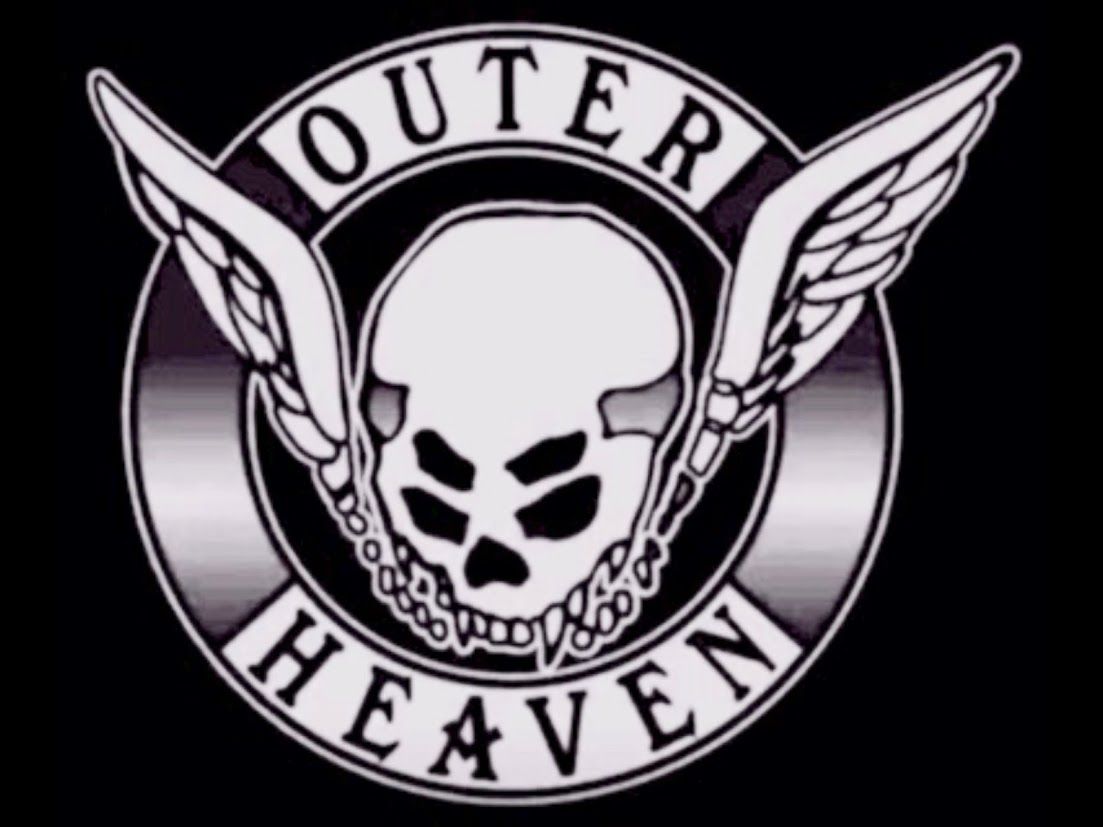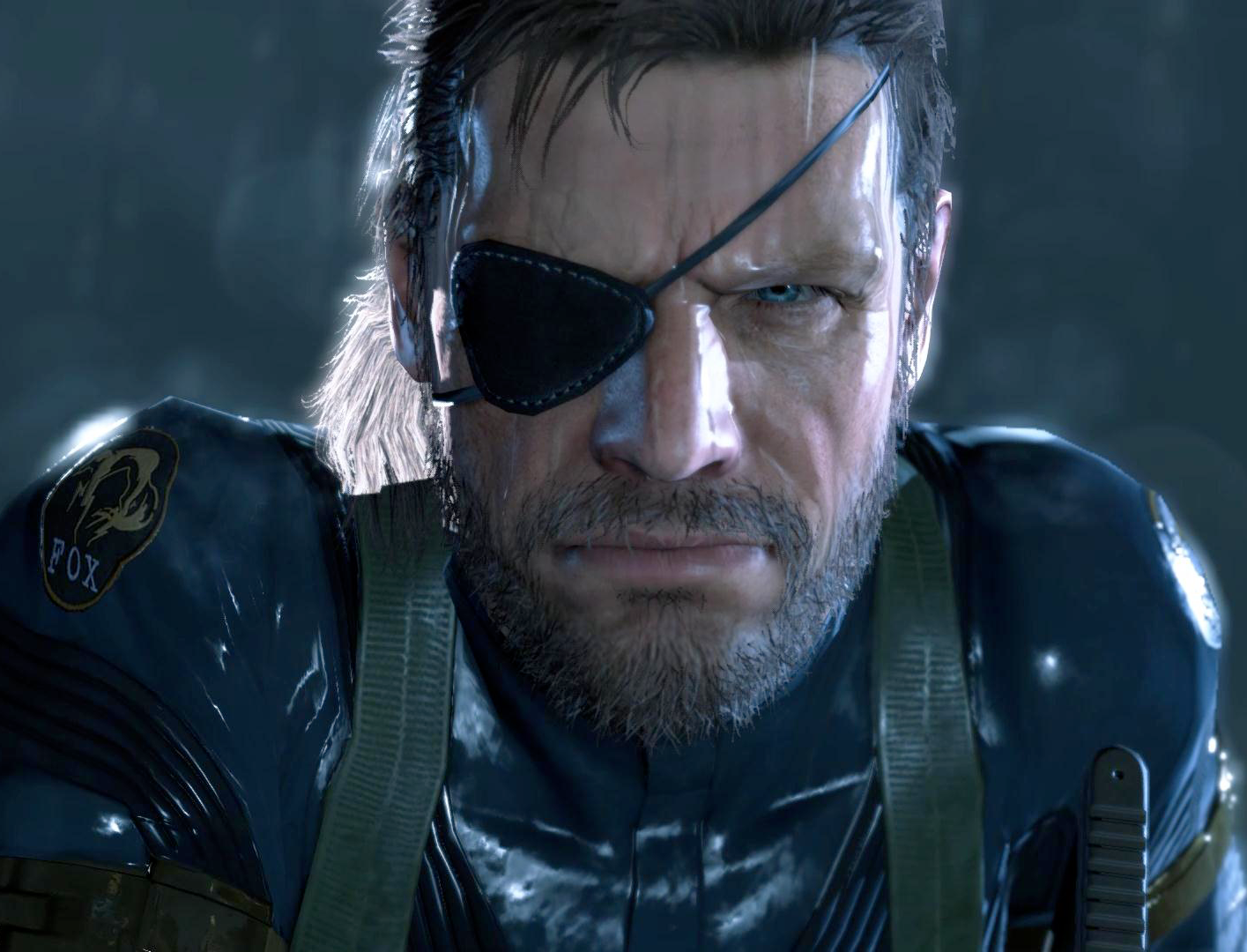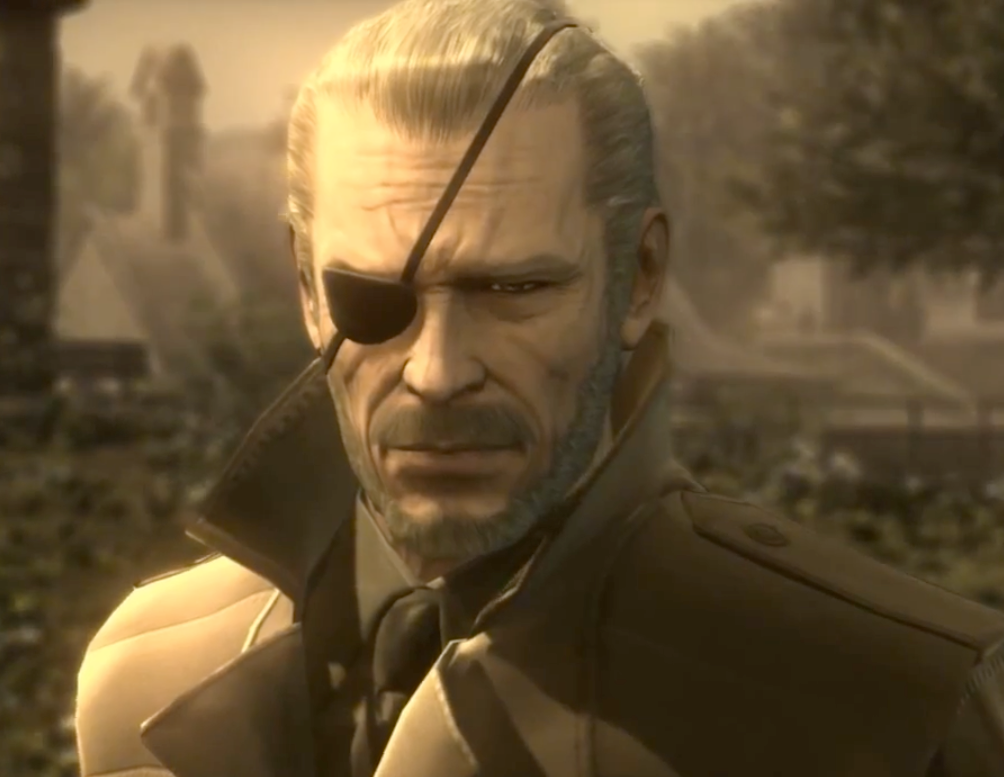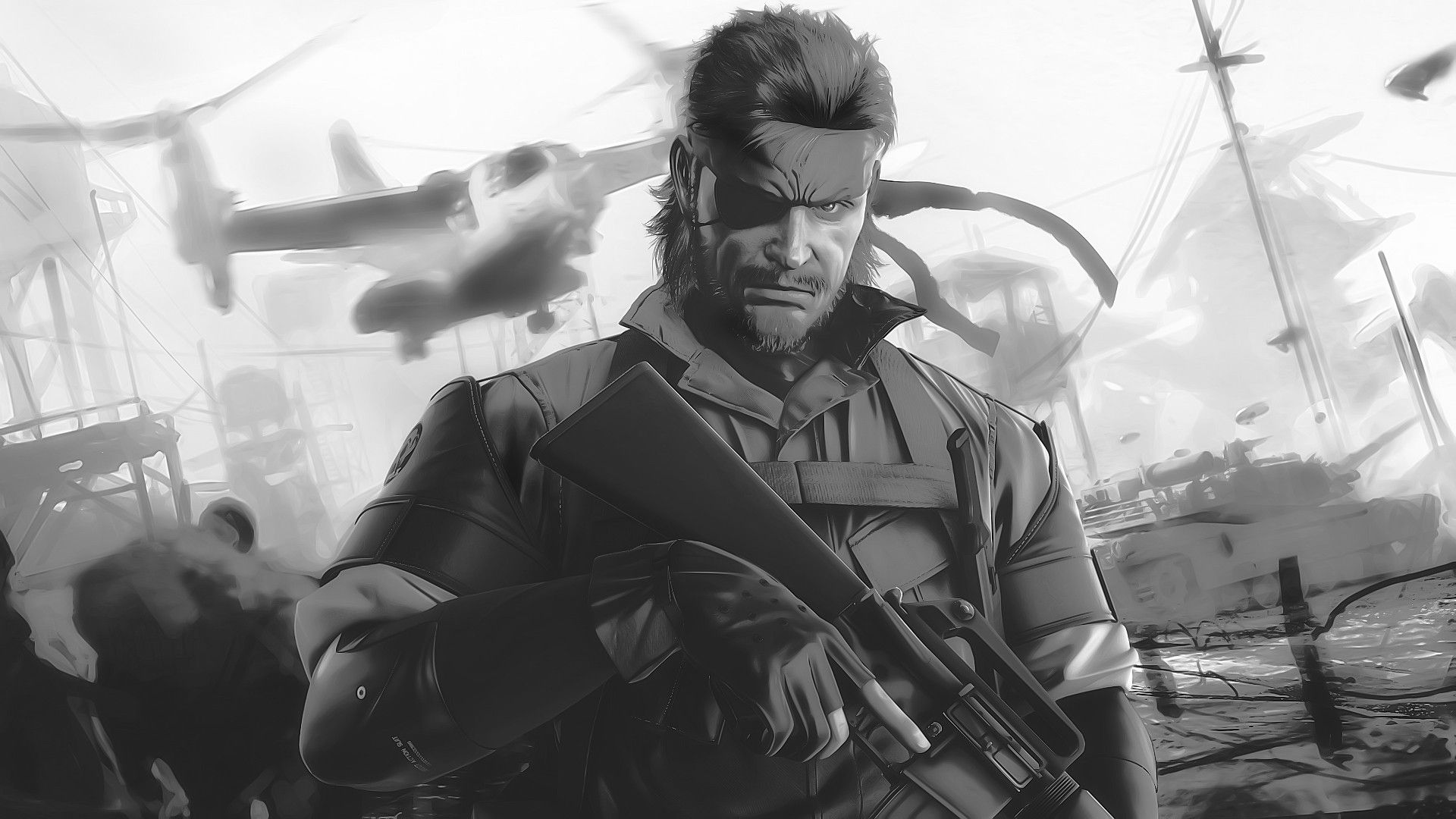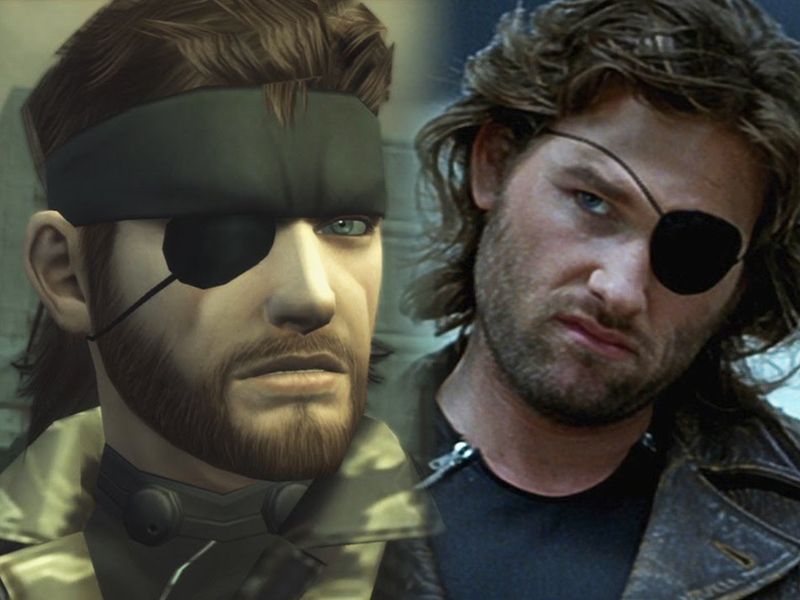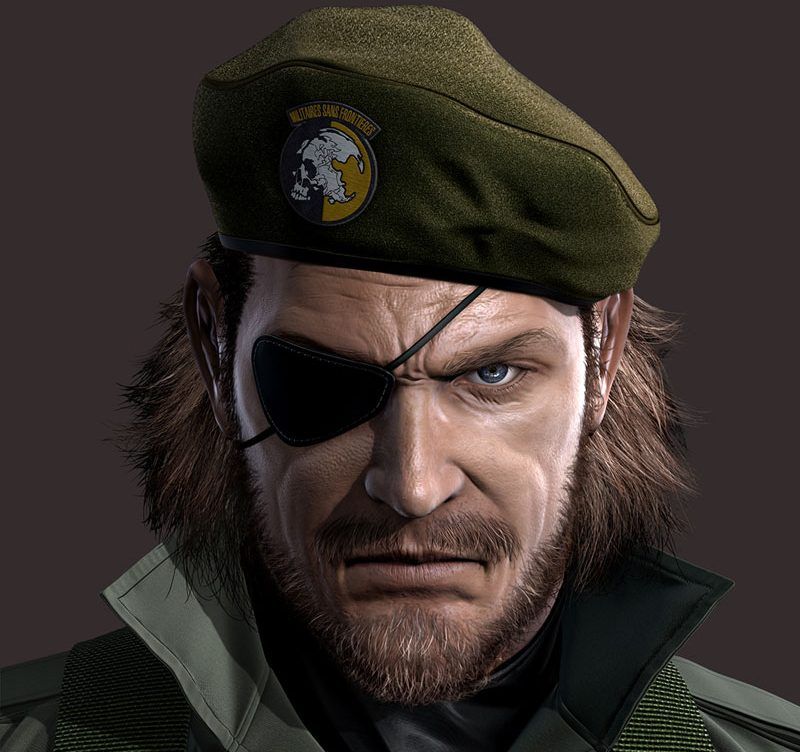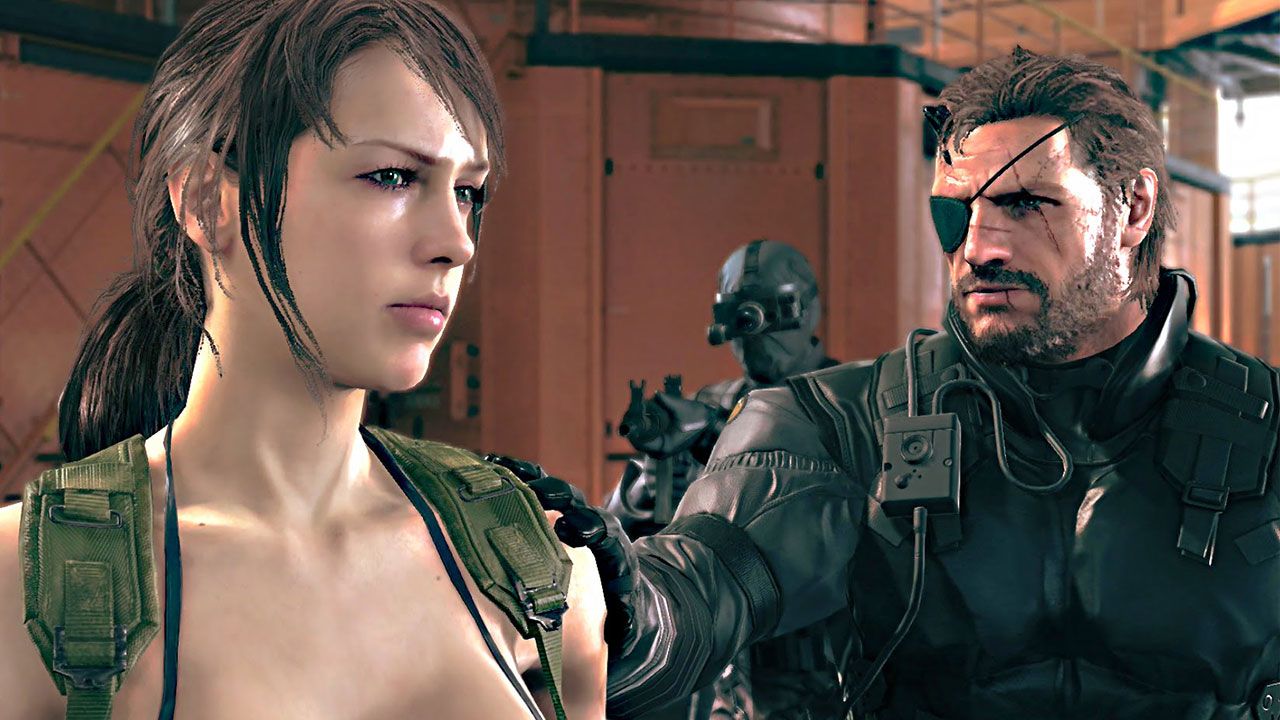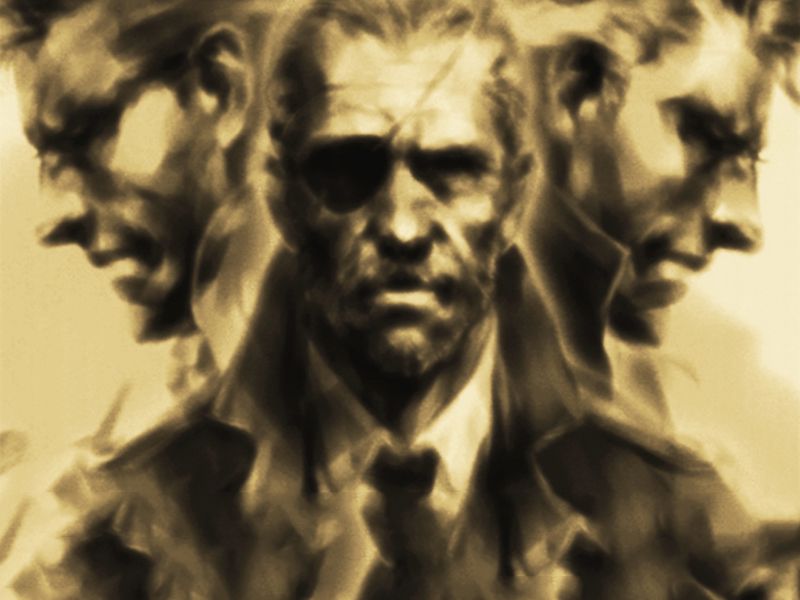Big Boss, aka Naked Snake, aka John, aka Jack, is the central character in the Metal Gear video game franchise. He is variably regarded as a hero, a villain, a madman, and a legend feared on the battlefield by friend and foe alike. Big Boss was considered by many in the MGS Universe to be "the Greatest Warrior of the Twentieth Century," also earning titles like "the Legendary Soldier" and "the Legendary Mercenary." He went by many names and code names over his distinguished military and intelligence career and, across different games of the Metal Gear series he has played the role of hero, villain, antagonist and protagonist, anti-hero and perhaps even anti-villain. He remains an iconic symbol of the series.
Big Boss' character has been praised by fans and video game publications for his role in shaping every game in the Metal Gear Universe, as well as his relationship with virtually all the major characters in the series, especially with Solid Snake. Big Boss was first featured as Solid Snake's commanding officer and the ultimate antagonist of the original Metal Gear and Metal Gear 2: Solid Snake games for MSX2. His military and genetic legacy influenced and shaped the entire plot of Metal Gear Solid and Metal Gear Solid 2: Sons of Liberty. He finally appeared as the protagonist Naked Snake in the prequel Metal Gear Solid 3: Snake Eater and made a brief appearance in the epilogue of Metal Gear Solid 4: Guns of the Patriots. His story and legend continue to be told in prequel games like Metal Gear Solid V: The Phantom Pain, Peace Walker, and Ground Zeroes.
Here are 15 facts about Big Boss, the greatest soldier of the 20th century. Please note that this list will contain major spoilers for pretty much the entire Metal Gear series.
15 Greatest Soldier Of The Twentieth Century
If there's one thing Big Boss has in spades, it's extraordinary feats in the field of military action and intelligence gathering. He showed extraordinary physical strength, being consistently stronger than any other soldier he fights, including officers. In Metal Gear Solid 3: Snake Eater he was able to fight off the Ocelot Unit, the most elite commandos the Soviet Union had to offer. Before being captured, he manages to disarm Colonel Yevgeny Borisovitch Volgin, also known as "Thunderbolt," the strongest soldier in the U.S.S.R. In Metal Gear Solid V: Ground Zeroes, he also manhandles elite soldiers with ease.
Big Boss lost his right eye under torture in 1964, but despite this he is the world's greatest sniper. He took down the legendary sniper The End, who was the father of sniping in the MGS Universe. He is a highly intuitive fighter, able to adapt and react quickly to new situations. He pioneered using cardboard boxes as a stealth tool (an iconic tactic associated with the series) and identifying unusual and revolutionary plans of attack. He has excellent agility and reaction time, and is the foremost expert on CQC (close-quarter combat) and hand-to-hand combat. His stamina is superhuman, enabling him to sprint long distances, and he has survived hits and wounds that would kill most men. Big Boss is also considered the greatest stealth and intelligence expert in the world.
14 The Backstory For His Many Names
Big Boss' real name is John, though he also goes by Jack. He was born around 1935 and his military career stretches back to the 1950s. Along the way, he was known by many different names and code names. His former codename of "Naked Snake" was coined by Major Zero in reference to the on-site procurement policy of FOX, which meant he was eating snake for breakfast, lunch, and dinner while in the jungle and went in "naked," meaning with no weapons, equipment, or supplies, to test the modus operandi of FOX. The "Snake" codename tradition also comes from the stealthy nature of snakes and a reference to the Cobra Unit, which was founded and led by his mentor, The Boss.
His most famous title, "Big Boss," was awarded to him following Operation Snake Eater, in which he became regarded as "above even The Boss" after his defeat of the legendary soldier. However, he disliked this title at first because he felt he was unworthy and hadn't surpassed The Boss. As such, he didn't call himself "Big Boss" until 1974. His subordinate called him "Boss" or "Vic Boss" ("Boss of Victory") prior to this. In 1984, Big Boss was known by another alias, "Ishmael," in reference to the unreliable narrator from Moby-Dick. Sniper Wolf also referred to Big Boss as Saladin, in reference to the famous Kurdish figure who led Muslim opposition to the Crusaders in the Levant. He was also called "The Man Who Sold the World" in reference to the song by David Bowie.
13 Long And Distinguished Military Career
Big Boss' military career began when he became the disciple of The Boss, the so-called "Mother of the Special Forces," in June 1950 and fought in the Korean War. In 1954, he participated in the Bikini Atoll atomic tests. As The Boss' apprentice, he helped her develop CQC. In 1961, he carried out black ops field operations for the CIA in Force Operation X (FOX) during the Vietnam War, and in 1964 served in the Green Berets for several years. But it was taking part in the Virtuous Mission during Operation Snake Eater in 1964 as a member of FOX that really brought him to fame. Around this time he began to be called "Big Boss."
After Snake Eater, Naked Snake became disillusioned with what he was fighting for and retired from FOX, though he was forced out of his short-lived retirement by the San Hieronymo Incident six years later in 1970, when the FOX unit went renegade. In 1971, Snake formed the U.S. Army Special Forces Unit FOXHOUND to carry on the tradition of the original FOX unit and would use Gene's "Army Heaven" resources, including a cache of funds and supplies, to pursue his dream of a paradise for soldiers, which led to the formation of the mercenary company Militaires Sans Frontieres, (French for "Soldiers Without Borders") in 1972.
12 Exposure To Radiation Made Him Infertile
Big Boss was present at the American military base on Kwajalein in the Marshall Islands during the testing of the first airborne detonation of a hydrogen bomb at Bikini Atoll in 1954, ten years before the Virtuous Mission and Operation Snake Eater. Unlike most of his friends present during the test, Big Boss did not develop leukemia, thyroid cancer, or radiation poisoning. However, his exposure to the atomic blast rendered him sterile.
Para-Medic mentions this when consulting Snake's medical record in MGS 3: Snake Eater, when he reads that he'd been exposed to an atomic blast. Snakes seems hesitant to talk about it. The suspicion was confirmed in Portal Ops, when Snake tells Elisa he "will never be a father." Indeed, the only remnants of Big Boss' genetic lineage were his three clones, which were the result of "Les Enfants Terribles" (French for "The Terrible Children"), a secret U.S. government project in the early 1970s to create the perfect soldier from Big Boss' genes.
11 One Of The Founding Members Of The Patriots
After World War I, the wealthiest and most powerful people from the United States, the Soviet Union, and China came together to form a secret group called The Philosophers, driving political forces in their respective countries until being torn apart by the Manhattan Project. During this time, they pooled their resources, resulting in an unprecedented slush fund known as the Philosopher's Legacy, estimated to be one hundred billion dollars. After Major Zero obtained the Legacy, he, along with Ocelot, Big Boss, former FOX agents Sigint and Para-Medic, and former Chinese Philosophers' member EVA, became the six founding members of an organization known as the Patriots. Metal Gear Solid 4: Guns of the Patriots revealed that Big Boss was a founding member.
The Patriots, or the La-li-lu-le-lo, started as a rebirth of the Philosophers, initially dedicated to realizing The Boss' dream of a united world. Over time though, they evolved in a secret Illuminati-like cabal bent on controlling the world from behind the scenes. Big Boss and Zero began to differ in their interpretation of The Boss' vision, with Zero believing to unite the entire world through control under a single will and Big Boss wanting a world where soldiers would not be used as tools by governments.
10 The Reason Behind His Clones' Names
Big Boss' genetic code was used for the Les Enfants Terribles project. As the result, he was the genetic father of Solid Snake, his subordinate and later nemesis, Liquid Snake, who masterminded the Shadow Moses incident, and Solidus Snake, who engineered the Big Shell incident and became the 43rd President of the United States under the name George Sears, serving the Patriots as a puppet ruler of the country. Big Boss and his clones would be the central characters in the Metal Gear franchise.
The project was masterminded by Zero, head of the Patriots, fearing Big Boss' departure from the organization due to ideological differences and in order to create somatic cell clones of the greatest soldier of the twentieth century in order to safeguard his "genetic legacy." In 1971, Zero initiated the project, led by fellow Patriots member Dr. Clark, known by the codename Para-Medic. This is foreshadowed by Para-Medic informing Big Boss, at the time Naked Snake, that he should pass his genes on to a descendant.
Through genetic modification, each of the first two "Twin Snakes" clones would express different genes: the clone considered genetically "superior," Eli,would express Big Boss' dominant genes. Eli would later be known as Liquid Snake. The other, "inferior" clone, David, would express his recessive genes. David would become known as Solid Snake. A third clone was secretly created without modification, thus producing a "perfect clone"; this became Solidus (neither liquid nor solid) Snake.
9 Rebelled Against The Patriots
To ensure the Patriots' control over the world, Big Boss was elevated in status to a figurehead and icon for the group. Stories were told about Big Boss' military and espionage exploits, some exaggerated and misrepresented, to elevate him to the status of an idol to control the people. Disagreements soon surfaced as Zero's power grew, with Big Boss despising his role as a puppet figurehead. Zero's vision also had no place for loyalty to ideals and people, which The Boss had valued above all else. Zero feared his friend would leave the group and so he had Dr. Clark create clones in Les Enfants Terribles. This would prove to be the final straw.
Ironically, the project ended up causing what Zero feared most: when he learned of the existence of his clones, Big Boss left the Patriots in disgust. After his defection, Big Boss left the United States and FOXHOUND to form his own private military company, the Militaires Sans Frontieres. He also plotted a rebellion against the Patriots in the form of Outer Heaven and Zanzibar Land.
8 Founded His Own Military State And Launched An Uprising
For a while, Big Boss drifted from country to country as a soldier of fortune, completing more than 70 missions and fighting alongside SOG, the Green Berets, and the Wild Geese. His mercenary company MSF also created a base of operations on an offshore plant in the Caribbean Sea known as Mother Base. But Big Boss would later go on to make his biggest mark on history yet with the establishment of the military states of Outer Heaven in Metal Gear and Zanzibar Land in Metal Gear 2: Solid Snake as bases for his mercenary companies, finally realizing his vision of a nation for soldiers.
In the 1980s, Big Boss established a fully independent, heavily fortified military nation 200 kilometers north of Galzburg, South Africa. This would be known as "Outer Heaven." Outer Heaven was a sanctuary for disillusioned soldiers so that they could always have a place and where they wouldn't be exploited by governments. For protection and insurance against invasion, Big Boss reinforced the nation's armed forces with a nuclear-armed bipedal tank, the TX-55 Metal Gear, which could launch a nuclear strike from anywhere on the planet.
7 He Had A Body Double Who Was Killed In Metal Gear
In the early 1990s, Big Boss returned to both the U.S. and FOXHOUND, all the whole secretly setting up Outer Heaven. To help him run this complicated state of affairs was his loyal body double, Venom Snake. A former medic for MSF who saved Big Boss' life during the XOF attack on Mother Base in 1975 (which destroyed MSF), Venom Snake underwent plastic surgery and hypnotherapy so he could protect Big Boss by acting as his body double. Big Boss said that he"was always the best man we had."
It was Venom Snake, posing as Big Boss, who took command of the mercenary unit Diamond Dogs, the successor to MSF, rebuilt Mother Base, and defeated the XOF unit and its leader, Skull Face, during the events of Metal Gear Solid V: The Phantom Pain. Venom Snake commanded Outer Heaven, while the real Big Boss commanded FOXHOUND. In 1995, the U.S. found out about Metal Gear's development in Outer Heaven and Big Boss commissioned FOXHOUND rookie Solid Snake to infiltrate the fortress and destroy it before anyone else could, in order to buy Venom Snake time to finish it. Snake ended up getting farther than anticipated, with Big Boss even ordering him to abort the mission. Solid Snake disobeyed and killed Venom Snake (posing as Big Boss) in battle. Venom engaged the base's self-destruct sequence, destroying Outer Heaven and Metal Gear.
6 Engineered The Zanzibar Land Disturbance In Metal Gear 2: Solid Snake
His best man and double was dead, his plans were in ruins, and Outer Heaven was destroyed. NATO soon launched a huge bombing of the area, indifferent to the resulting deaths, though Big Boss managed to save many war orphans, refugees, and surviving base personnel and mercenaries. To continue the idea that he'd been killed in the Outer Heaven Uprising, Big Boss left FOXHOUND for good and went underground. He would get a second chance to implement his vision with another uprising in Central Asia.
In 1997, Big Boss and the survivors behind him got involved in a mercenary war that gained independence for a small nation on the border of the U.S.S.R., Pakistan, China, and Afghanistan. This became Zanzibar Land, with Big Boss as President. He commissioned yet another Metal Gear, Metal Gear D. Once again, his plans were thwarted by his own cloned son, Solid Snake, who infiltrated and destroyed the base in 1999, using a flamethrower to apparently kill Big Boss, though he was still alive and was injected by nanomachines by the Patriots, preserving him. His body would later play an important role in the 2005 Shadow Moses Incident in Metal Gear Solid.
5 Believed In Santa Claus And Was Afraid Of Vampires
It might seem odd for such a legendary soldier and fighter as Big Boss himself to believe in myths, but during his early days as a CIA operative and mercenary, he revealed several beliefs in the supernatural to his comrades-in-arms. For starters, he stated in a radio conversation with Para-Medic regarding vampire bats that thinking about vampires gave him nightmares. The fear seems to be real, since he also asked her not to say the name "Dracula" when speaking to him. In some playthroughs, his fear of vampires was also noted by a soldier in MSF.
Big Boss also revealed to Huey Emmerich that he believed in Santa Claus, getting into a spat with him about his existence and using the annual "NORAD tracks Santa" as evidence. When Huey laughs it off, he angrily insists that Kris Kringle is in fact real. Big Boss even claims he used to bring him presents. Some fans have theorized it was actually The Boss that brought him presents at a young age.
4 Influenced By Sean Connery And Snake Plissken
Big Boss' appearance in the original MSX2 Metal Gear games was modeled after Scottish actor Sean Connery, famous for playing the original James Bond. His image was updated during later games in the franchise to reflect his look in the art of Metal Gear Solid and this look remained steady until his appearance in Metal Gear Solid 4. Like Solid Snake himself, Big Boss' appearance as Naked Snake is inspired by the character of Snake Plissken, played by Kurt Russell in the film Escape from New York.
The Japanese MSX2 manual for Metal Gear depicts Big Boss' eyepatch on his left eye, much like Plissken's. This would be changed later to his right. Much like Solid Snake and Big Boss, Plissken was a former war hero and Special Forces operative who is conscripted into dangerous top-secret missions and preferred to be called "Snake." Big Boss' snake-shaped scar on his abdomen resembles the cobra abdomen tattoo of Snake Plissken. The influence of Plissken on the characters of Big Boss and Solid Snake were referenced in Metal Gear Solid II, as Solid Snake disguises himself as a Navy SEAL under the name "Iroquois Pliskin."
3 He Admired Ernesto "Che" Guevara
A promotional image for Metal Gear Solid: Peace Walker depicted Big Boss wearing a beret in a similar style to Argentine Marxist revolutionary Ernesto "Che" Guevara. Though he ended up wearing a bandana in the game itself, this image emphasized the noted similarities between Big Boss and Che. Both were legendary soldiers who served in multiple countries in service to an ideal, who later became a near-mythic figures. The similarity between the two is noted in the game. Big Boss is 39 years old at the time of the Peace Walker Incident and KGB agent Vladimir Zadornov remarked upon the irony of Big Boss dying at the same age as Che Guevara when he attempted to execute him.
Big Boss is shown to have high regard for Che and refers to Jean-Paul Sartre's description of Guevara as "the century's most complete human being." Che is also referenced and discussed several times in audio briefings by members of the Militaires Sans Frontieres.
2 A Charismatic Leader
Due to his extraordinary military career and the stories about him, Big Boss' legacy achieved mythic proportions, earning him the "Legendary Soldier" moniker. He was widely regarded as a hero and made the covers of popular magazines all over the world. Throughout the Metal Gear series, Big Boss has been shown to be a highly charismatic leader, able to recruit countless soldiers to his cause. The "Sons of Big Boss" who engineer the Shadow Moses Incident in Metal Gear Solid all shared past connections with Big Boss and expressed admiration for him, especially Sniper Wolf, who he rescued from a harsh upbringing and raised.
Being the greatest soldier of the twentieth century, it doesn't take a lot of convincing for soldiers to join Big Boss' side, since most know the stories about him and admire him. In Peace Walker and other games, he is shown to recruit every soldier personally and can have hundreds of soldiers on your side.
1 His Legacy Is Still Debated
Big Boss' character has developed and changed significantly over the course of the Metal Gear series, transforming from a villain in the first two games to a more of an anti-hero (or perhaps "anti-villain") in later incarnations. As the series progressed and more was revealed, his exact motivations became more complex. His first two appearances depict him as a traitorous madman who dreams of a world of perpetual war, but with the revelation of the existence of the Patriots in MGS 2 and the reassessment of his actions as a rebellion against them, he took on a more morally grey role.
Fans continue to debate whether Big Boss is a hero or a villain. Subsequent installments of the series have portrayed him as a man of conscience disgusted by the way that soldiers were treated as pawns by the world's governments, and who tried to carry out The Boss' vision of a united world by building nations for soldiers. Others have interpreted Big Boss' actions as a distortion of The Boss' will, perhaps less villainous but no less corrupted than Zero and the Patriots' vision. Before his death in MGS 4, Big Boss seemed to realize this and as he tells Solid Snake in the saga's finale, "Had you been in my place back then...maybe you wouldn't have made the same mistakes I did." One thing is certain: Big Boss is central to the Metal Gear series and hardcore fans will continue to debate his legacy for years to come.

